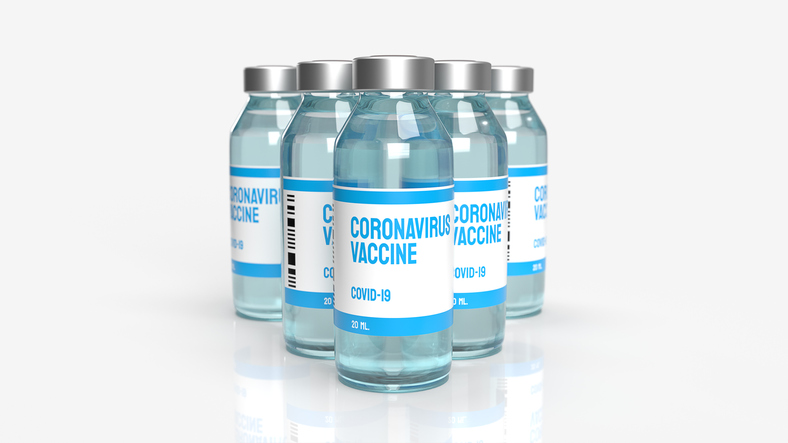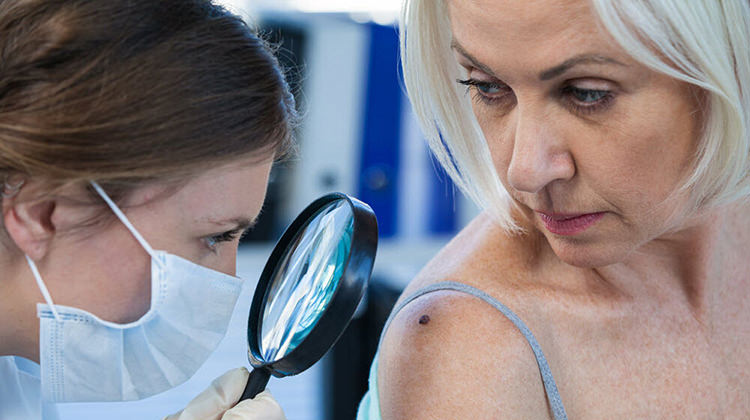— Top hospitals for 15 specialties, including cancer, cardiology, and orthopedics, also ranked
Cardiology & Heart Surgery
1. Cleveland Clinic
2. Mayo Clinic, Rochester, Minnesota
3. Cedars-Sinai Medical Center, Los Angeles
4. NewYork-Presbyterian Hospital-Columbia and Cornell
5. NYU Langone Hospitals, New York
6. Mount Sinai Hospital, New York
7. Massachusetts General Hospital, Boston
8. Stanford Health Care-Stanford Hospital, Palo Alto, California
9. UCLA Medical Center, Los Angeles
10. Brigham and Women’s Hospital, Boston
Read full article and see final list, here.







